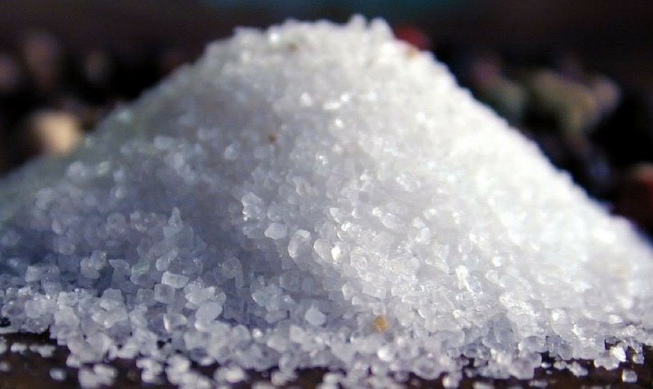 What Is Sea Salt?
What Is Sea Salt?
All salts (even table salt) originate from a sea or salty body of water, but not all salts on the market today actually come from the oceans in existence today. What does that mean? Salts that are not sea salt are derived from underground salt deposits left behind by seawater at some point.
Sea salt is a type of salt produced from the evaporation of current seawater. The evaporation is accomplished by either open-air solar evaporation or by a quicker vacuum evaporation process. Some of the pricier sea salts available today often come from the slower sun-fueled evaporation method. When you eat a sea salt that has experienced very little processing, you have a salt that contains health-promoting trace minerals.
If we are talking about real salt like Celtic Sea Salt or pink Himalayan salt, it has many benefits and should be used daily. Because of the life-giving nutrition sea salt contains, including:
Rich in Trace Minerals
High-quality sea salts typically contain 60 trace minerals. In the case of Himalayan sea salt, the number is said to be 84. Either way, sea salts are a great source of minerals.
Helps Avoid Dehydration and Balance Fluids
Essentially, water follows salt, which means if you increase sodium too much, water retention also occurs. At the same time, the opposite is also true: A loss in sodium results in a loss in water, potentially causing dehydration and extreme thirst.
Excellent Electrolyte Source
The minimal processing of unrefined sea salt enables it to retain much of its natural mineral content. Sea can contains many of the major electrolytes, like sodium, magnesium, calcium and potassium, that are absolutely essential to good health.
Digestive Health Aid
Not getting enough salt in your diet can actually negatively impact your digestive health. If you do not get enough salt in your diet, it can lead to your body not producing enough hydrochloric acid (HCL) in your stomach. If you have low stomach acid, it can seriously throw off your digestive system. Consuming the right amount of sea salt helps your body produce proper amounts of HCL since sea salt provides chloride, which is the building block of stomach acid.
Nutrient Enhancer
Having enough stomach acid also helps our bodies to absorb vitamins and minerals like calcium, zinc, iron, folate and B12. So consuming a high-quality sea salt regularly can help your body absorb more nutrients from the foods that you eat. This is great news since it’s not only what you eat, but how your body processes what you eat, that gives your body the nutrients it needs on a daily basis.
Mawuena Workartey/ Ghanahospitals.org